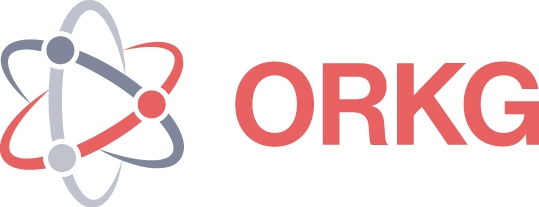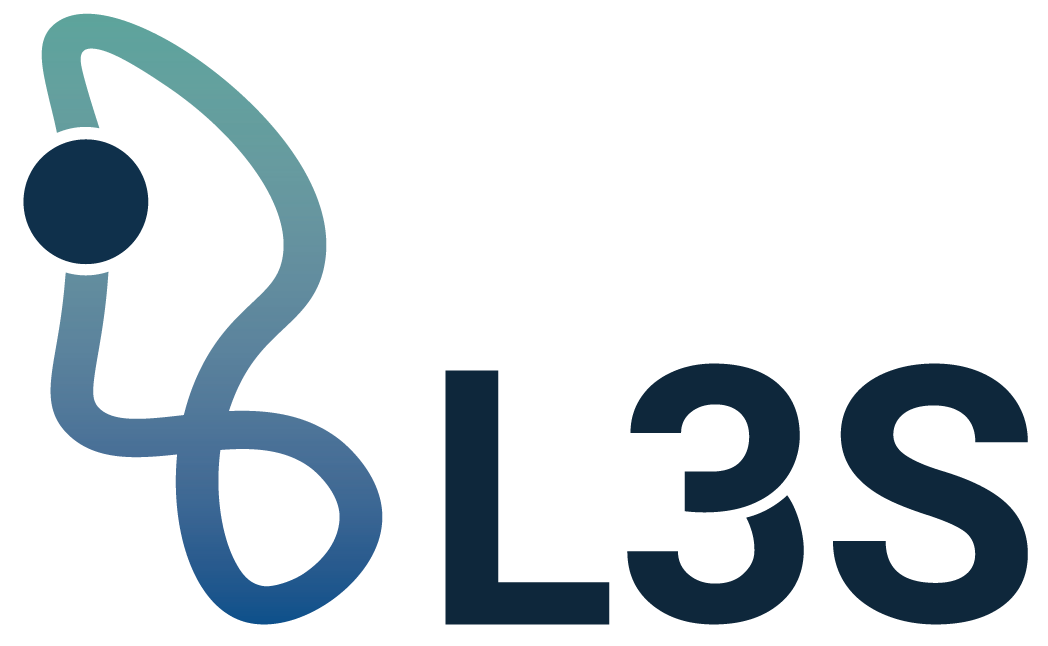Illustrationen: Jonas Hauss
Organizing the World’s Scientific Knowledge
Research is a fundamental pillar of societal progress. Research enabled us to be connected to the whole world using the small digital devices in our hands, to already cover almost 50% of our energy consumption from renewable energy and cure previously deadly diseases such as AIDS. We are spending worldwide more than 2 Trillion Euro – a figure with 12 zeros – per year for acquiring new knowledge through research – as much as Italy’s yearly Gross Domestic Product.
However, currently this is not a good investment and every year a larger and larger share of this investment is wasted. The reason for this is that for representing and sharing research findings we use antique methods, which were developed many centuries ago. Since the beginning of modern science – with the publishing of the first scientific journal – the Transactions of the Royal Philosophical Society in 1665 – we use the same methods for representing and sharing scholarly knowledge: scientific articles.
Data flood in science
At the time of Gottfried Wilhelm Leibniz around 1700 a single researcher could still read all of published scientific literature. Today, every year 2.5 millions of new research articles are produced and even in a relatively narrow scientific field it is impossible to read, comprehend and make sense of all the scientific articles. For the Genome editing method CRISPR/Cas9, for example, the research search engine Google Scholar lists almost a quarter million publications available as PDF articles. If a researcher is interested in how good the method is compared to other Genome editing methods, what specifics it has when applied to insects and who has applied it to butterflies, a researcher needs either years of experience or is very likely not to find what he is looking for. Imagine, in order to order a new iPhone, you had to compare prices checking dozens of mail order catalogs published as PDF or to navigate to a hotel, you would need to look at a PDF scan of a street map. This is exactly, how the exchange of research findings works today – the previously analog articles from scientific journals are now made available and distributed as PDF documents. The new methods of the digital world, such as filtering large amounts of data and information, integrating information from different sources or involving users via crowdsourcing to review and help organizing the information, are completely missing in scholarly communication. Researchers are drowning in a flood of millions of pseudo-digitized PDF publications. As a result, research is seriously flawed: many research results can not be reproduced by other researchers, peer-review is defunct and we have more and more redundancy.
Major social challenges such as climate neutrality require interdisciplinarity and putting bits and pieces from different disciplines together. With the ORKG, this can succeed and scholar communication can be revolutionized.Prof. Dr. Sören Auer
At TIB and L3S Research Center we are currently reinventing scholarly communication. Instead of representing research in static PDF articles, scientitsts work on a dynamic knowledge graph – the Open Research Knowledge Graph, where ideas, approaches, methods are represented in machine-readable form. As a result, we can query the graph, for example, for a systematic comparison of different genome editing methods and such a comparison can be created instantly.
Improve knowledge exchange with knowledge graphs
Thus, researchers can easily access to the state-of-the-art in a certain field and more precisely devise how their approaches go beyond. As a result, different research contributions can be seamlessly integrated and scientific discovery can be accelerated for solving grand challenges of the next decades, such as carbon neutrality or infecteous deseases.
Solving such grand challenges requires interdisciplinarity and assembling bits and pieces from different disciplines, which will be dramatically simplified by the knowledge graph based approach.
The ORKG connects different research approaches, methods and results and presents them in a machine-readable form. This makes connections between knowledge visible and enables easier access to the state-of-the-art in a certain scientific field.
Beta version of the ORKG online
The beta version of the Open Research Knowledge Graph (ORKG) has been online since the end of 2019 – with an improved user interface and many new functions. Try it out and give us feedback!
Contact

Prof. Dr. Sören Auer
Prof. Dr. Sören Auer is Director of the TIB – Leibniz Information Centre for Science and Technology, Professor for Data Science and Digital Libraries at Leibniz Universität Hannover and member of the extended L3S Board of Directors. For his research at the Open Research Knowledge Graph, Auer received one of the renowned Consolidator Grants of the European Research Council (ERC) in 2018, worth two million euros. The project will be located in the joint lab of TIB and L3S.


